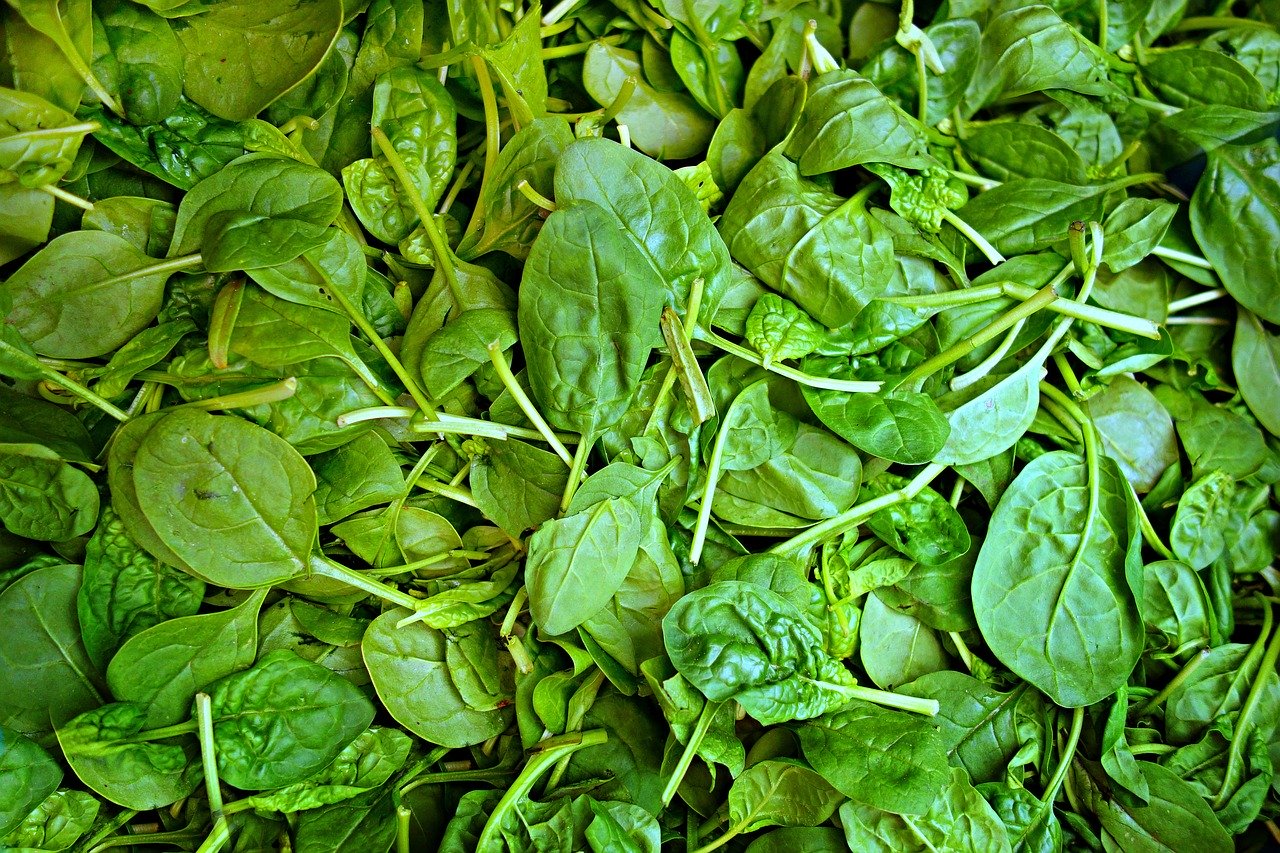Iron is a mineral which helps to make haemoglobin (the oxygen-carrying chemical in the body’s red blood cells) and myoglobin (a protein in muscle cells). It is also essential for activating certain enzymes and for making amino acids, collagen, neurotransmitters, and hormones. Iron therefore supports metabolism and is also necessary for growth, development and normal cellular functioning.
About 60% of the body’s iron is found in the haemoglobin. Most of the remaining iron is stored in the form of ferritin, and stored in the liver, spleen, and bone marrow or is found in myoglobin in muscle tissue. When the body needs to draw on its iron stores, it comes out of the ferritin “bank”. Hepcidin, a circulating peptide hormone, is the key regulator of both iron absorption and the distribution of iron throughout the body.
Without enough stored iron, anaemia can develop. Symptoms include fatigue, loss of stamina, shortness of breath, weakness, dizziness, and a pale, unhealthy complexion.
Iron is naturally present in many foods, is added to some food products, and is also available as a dietary supplement. Dietary iron has two main forms: heme and non-heme. Plant based foods such as nuts, beans and vegetables, plus iron-fortified foods contain non-heme iron only, whereas meat, seafood, and poultry contain both heme and non-heme iron. Heme iron is more easily absorbed by the body than non-heme iron. This is because the plant-based foods, eg spinach which is a good source of non-heme iron, contain iron-absorption inhibitors, such as polyphenols. However, vitamin C has been found to help non-heme iron to be more easily absorbed by the body. In addition to vitamin C, meat, poultry, and seafood have been found to increase the absorption of non-heme iron.
Breast milk contains highly absorbable iron but not in an amount sufficient to meet the needs of infants older than 4 to 6 months.
When people do not feel they are getting enough iron or feel tired the whole time they are often tempted to take iron supplementation. However, be warned. The body does not excrete iron rapidly so it can build up over time and, in some people, becomes toxic. Iron can also interact with certain medications, and some medications can have an adverse effect on iron levels. It is therefore important that individuals taking medications on a regular basis should discuss their iron status with their healthcare providers before taking iron supplementation.
Iron is available in many dietary supplements. Frequently used forms of iron in supplements include ferrous and ferric iron salts, such as ferrous sulfate, ferrous gluconate, ferric citrate, and ferric sulfate. Ferrous iron in dietary supplements is more absorbable than ferric iron. Iron supplementation may cause gastrointestinal side effects, such as nausea and constipation, but some iron supplements also contain vitamin C which may help to combat these side effects. Alternatively, when the iron supplement does not contain vitamin C, some doctors suggest taking a vitamin C supplement or drinking orange juice with the iron supplement to help iron absorption. Drinking 8 ounces (240 milliliters) of fluid with an iron pill is also OK.
Iron is best absorbed on an empty stomach. However, iron supplements can cause stomach cramps, nausea, and diarrhea in some people and if this is the case then a small amount of food should be taken with the iron to avoid this problem.
When iron supplementation is taken with certain foods and drinks it can also lose much of its value. Therefore, if you are taking iron, the following foods should be avoided, or only taken in very small amounts, for at least 1 hour before or 2 hours after the iron supplementation is taken. These foods and drinks include milk, cheese and yoghurt, eggs, whole grains, raw vegetables and bran, spinach, and foods or drinks which contain caffeine, eg tea, coffee.
As calcium may also reduce the absorption of both heme and non-heme iron, many doctors recommend that people take individual calcium and iron supplements at different times of the day. Antacids should also not be taken at the same time as iron supplementation. It is therefore best to space doses of all these products 1-2 hours apart, to obtain the full benefit from each medicine or dietary supplement.
For further information:
https://www.mayoclinic.org/drugs-supplements/iron-supplement-oral-route-parenteral-route/precautions/drg-20070148
https://medlineplus.gov/ency/article/007478.htm

